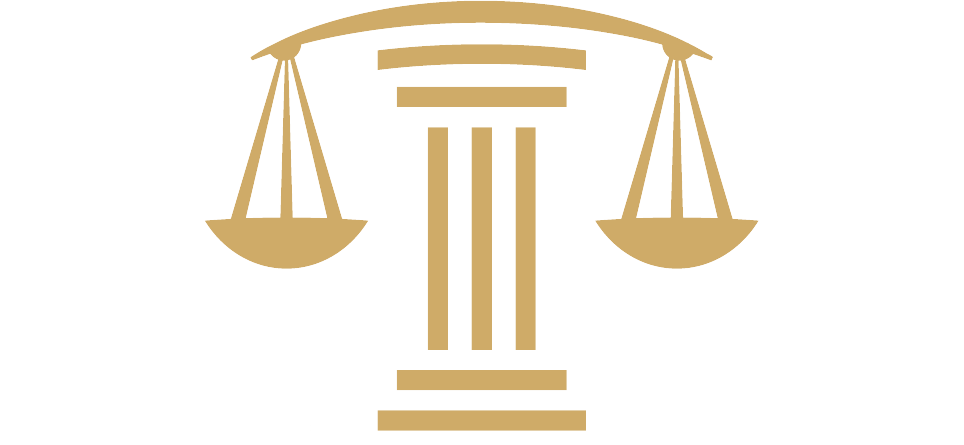The EB-1A visa category is part of the Employment-Based Immigration: First Preference (EB-1) category in the United States. It is designed for individuals with extraordinary abilities in the sciences, arts, education, business, or athletics. To qualify for an EB-1A visa, applicants must demonstrate sustained national or international acclaim and recognition for their achievements in their field. They do not need employer sponsorship for this visa, making it a popular choice for highly skilled individuals looking to immigrate to the U.S.
Obtaining an EB-1A visa involves several steps, including gathering evidence of extraordinary ability, preparing and submitting a petition, and attending interviews. Here’s a general overview of the process:
- Eligibility Assessment: Determine if you meet the eligibility criteria for the EB-1A category. You must demonstrate extraordinary ability in your field, such as through awards, publications, memberships, and other achievements.
- Gathering Evidence: Collect documentation to support your petition. This may include awards, publications, media recognition, patents, membership in professional associations, and letters of recommendation from experts in your field.
- Form I-140 Petition: Complete and submit Form I-140, Immigrant Petition for Alien Worker, to USCIS (U.S. Citizenship and Immigration Services). Include all required evidence and documentation along with the petition.
- Premium Processing (Optional): If available and desired, you can opt for premium processing for an additional fee to expedite the processing time of your I-140 petition.
- USCIS Review: USCIS will review your petition and supporting documents to determine if you meet the criteria for the EB-1A visa. This may involve an RFE (Request for Evidence) if additional information is needed.
- Approval or Denial: USCIS will either approve or deny your I-140 petition. If approved, you can move on to the next step in the process. If denied, you may have the option to appeal the decision or file a new petition.
- Adjustment of Status or Consular Processing: If you are already in the U.S., and your priority date is current, you can apply for adjustment of status (Form I-485) to become a lawful permanent resident. If you are outside the U.S., or if you prefer consular processing, you will apply for an immigrant visa through the National Visa Center (NVC) and attend an interview at a U.S. consulate or embassy in your home country.
- Green Card Issuance: Upon approval of your adjustment of status application or immigrant visa, you will receive your EB-1A green card, granting you permanent residency in the United States.
Throughout the process, it’s crucial to ensure accuracy and thoroughness in preparing your petition and supporting documentation. Consider consulting with an immigration attorney experienced in EB-1A cases to guide you through the process and increase your chances of success.

